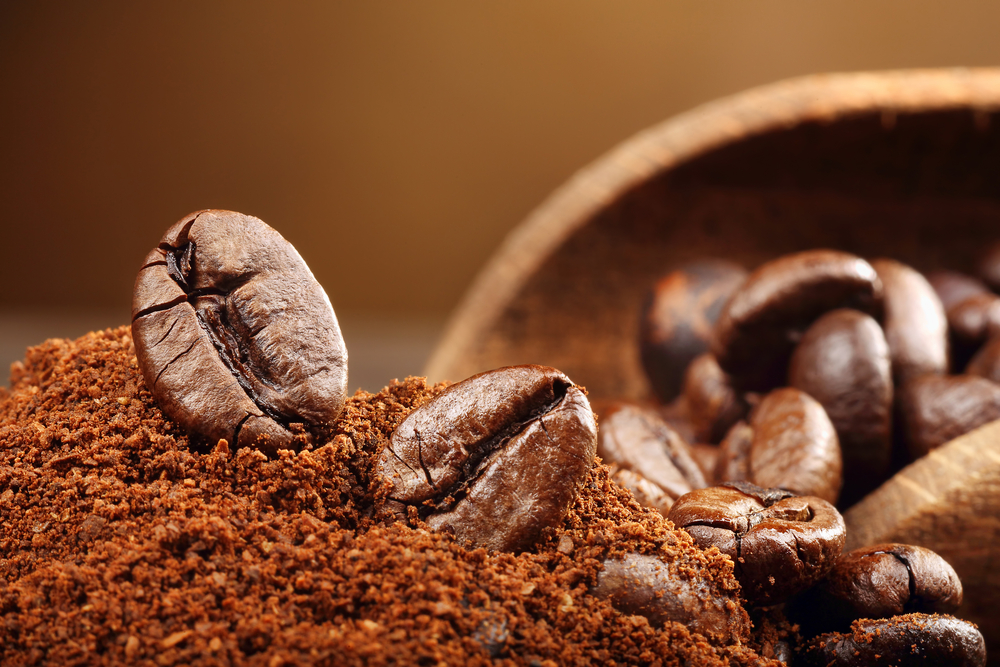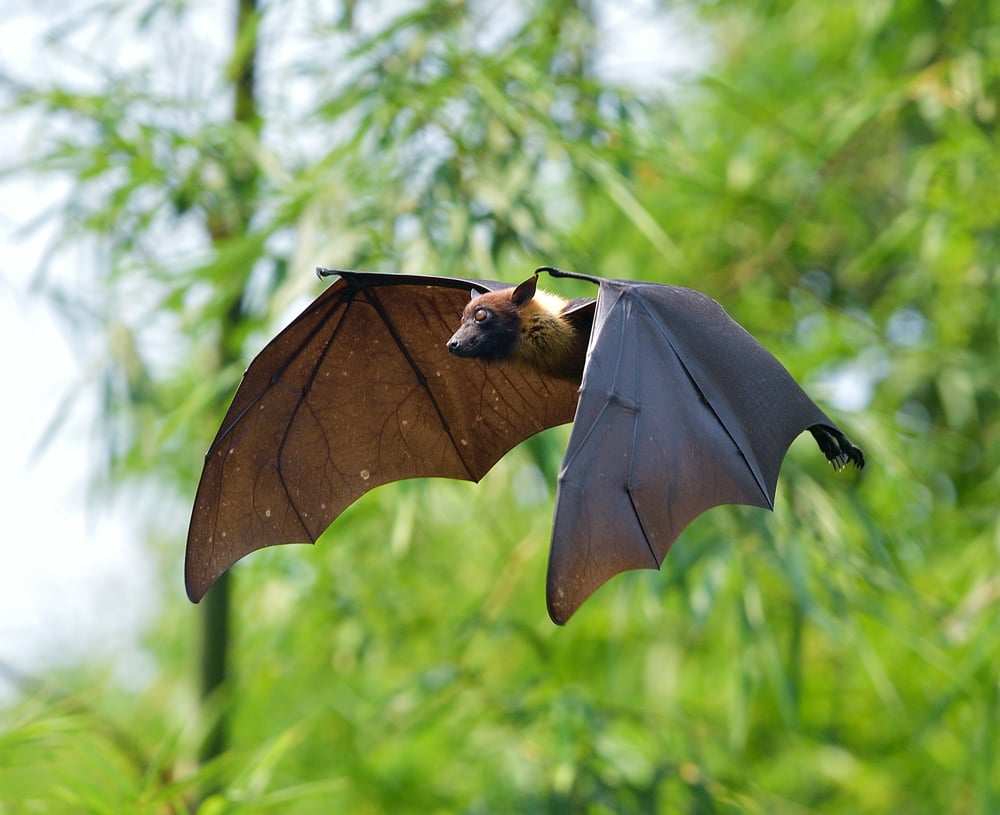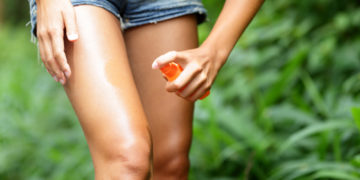Coffee is the drug of the modern world. It is what the majority of people start their day with, have at a break, have in the afternoon and maybe one in the evening if they need a pick-me-up. The scientific opinion on the impact of coffee on the human body is divided. While some say it is can provide a natural energy boost, decrease your risk of cancer and Alzheimers and improve your overall focus, it has its enemies as well. Others say that it can raise your blood sugar level, increase your risk of cancer and just mess up your natural body clock. In reality, for humans, coffee is probably good (but not great) as long as it is used in moderation. For animals though, it is another story.
While not many animals are avid coffee drinkers, the caffeine plant appears to be a very potent pesticide. Scientists have started to study the crop in more detail and have found that when snails or other bugs ingest caffeine, they will die soon after.
The reason is that caffeine stops a particular enzyme from working correctly. The enzyme it stops is one that regulates a particular chemical called adenosine monophosphate. This chemical when left unchecked can let your metabolism run out of control leaving you with overstimulation in the production of hormones and poisoning the system overall.
In humans, it is not a concern as we are such a large animal that the increased chemical is unable to result in these terrible side effects. In insects and slugs, it is the perfect amount of poison to kill them all. For any vegans out there this may be one more thing you can now add to the do not eat list. The example is a small one but it is a lesson that if we are to choose what we eat based on ethical reasons we owe it to ourselves to fully research the impacts of every food we eat throughout their ecosystem.







